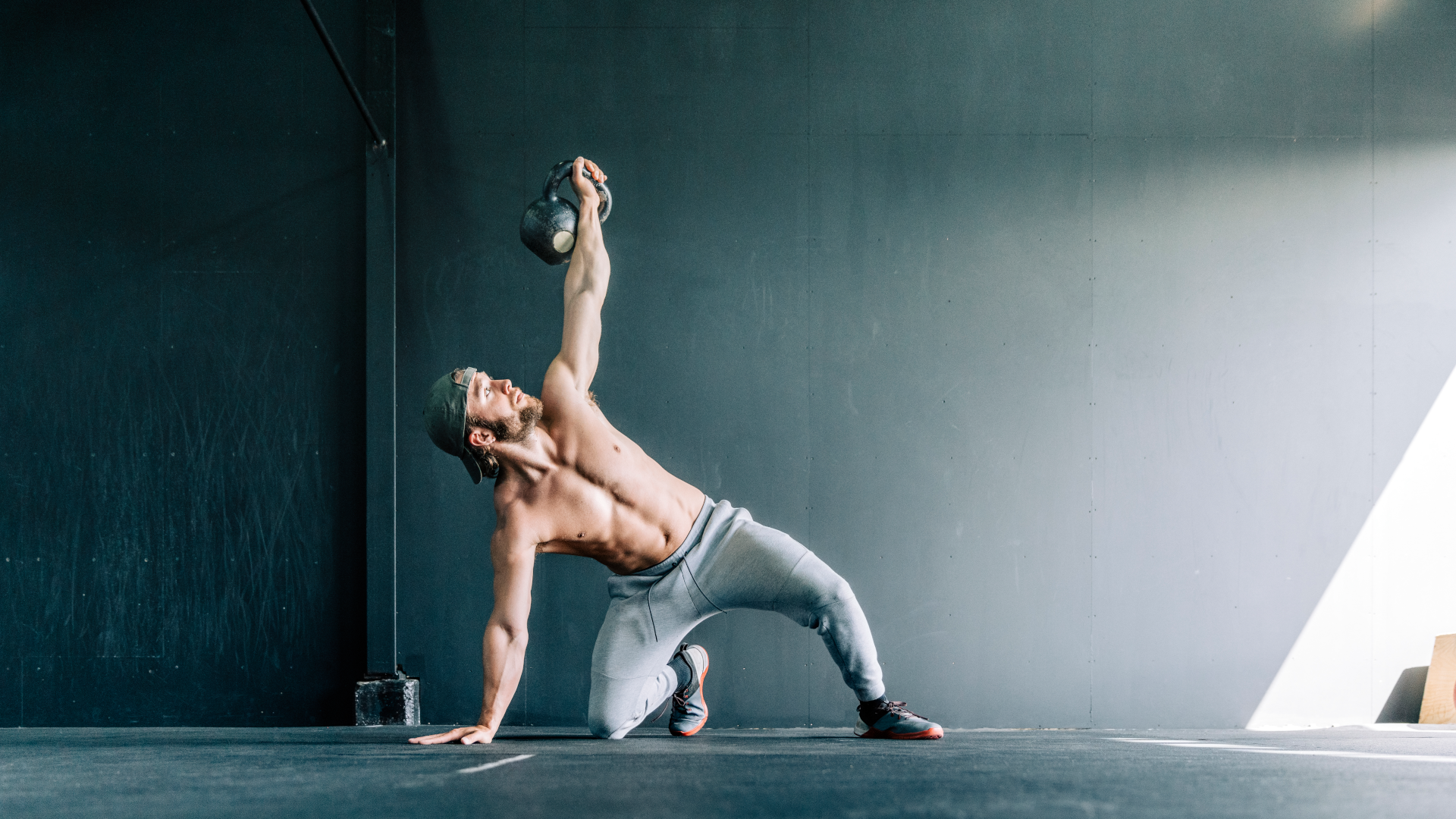

We humans have an unusual habit that makes us particularly susceptible to catching contagious diseases like coronavirus COVID-19 - we touch our faces a lot.
Often without realising we touch our faces - particularly around the chin, mouth, nose and eyes - hundreds of times every day. According to a study conducted on medical students in Australia in 2015, we do it as much as 23 times every hour, and often subconsciously.
This spreads bacteria and viruses that we have picked up from surfaces and objects with our fingers. Given the new coronavirus has been found to survive for up to 72 hours on certain materials, it’s all too easy for it to be transferred from one person to another.
It isn't fully understood why we touch our faces subconsciously. Some believe it is a form of self-comfort, as the skin-on-skin contact releases the oxytocin hormone, which helps reduce stress and promote calm. Another theory is that we touch our own faces as a way of flirting, or even to “act like the curtains on a stage, closing up one act of the social drama, ushering in the next,” says psychology professor Dacher Keltner in a 2009 study.
How can we try and stop touching our faces?
Although it has been said face masks do not prevent the spread of the coronavirus, they can act as a physical barrier to stop us from touching our noses and mouths. Virologist Stephen Griffin told the BBC: “Wearing a mask can reduce the propensity for people to touch their faces, which is a major source of infection without proper hand hygiene.”
Admitting that telling people to stop an involuntary habit is tricky, behavioural scientist Michael Hallsworth suggests: “It’s much easier to have people washing their hands more often than to have them touching their faces fewer times.” However, Hallsworth believes you can try to “nudge” yourself into changing habits, for example by scratching an itch on your face with your arm instead. He also suggests wearing sunglasses if touching your eyes is a common problem.
Sign up to the T3 newsletter for smarter living straight to your inbox
Get all the latest news, reviews, deals and buying guides on gorgeous tech, home and active products from the T3 experts
Anyone looking for a more high-tech approach could try the Face Touch Guard app, which is available for a range of Fitbit wearables, including the Ionic, Versa, Versa 2 and Versa Lite.
The app vibrates your watch when you are about to touch your face, its developers say, although of course, the downside here is that, without a Fitbit on each wrist, it’ll only be 50-percent effective at best.
Still, it’s good to know app developers are reacting quickly to offer solutions in these difficult times.
Other advice includes keeping your fingers and thumbs busy, such as with a fidget spinner. However, if you use anything to distract you like this, you’ll need to make sure the object is regularly cleaned and disinfected.
Wearing gloves does not necessarily work, as bacteria can be transferred from surfaces to the gloves, then from the gloves to your face when you involuntarily touch it.
As ever, the World Health Organisation recommends frequent and thorough hand washing for at least 20 seconds as the best form of defence from coronavirus.
Liked this?
Alistair is a freelance automotive and technology journalist. He has bylines on esteemed sites such as the BBC, Forbes, TechRadar, and of best of all, T3, where he covers topics ranging from classic cars and men's lifestyle, to smart home technology, phones, electric cars, autonomy, Swiss watches, and much more besides. He is an experienced journalist, writing news, features, interviews and product reviews. If that didn't make him busy enough, he is also the co-host of the AutoChat podcast.
-
 This is the sound of BMW's upcoming Neue Klasse EVs
This is the sound of BMW's upcoming Neue Klasse EVsHas BMW cracked the problem of making EVs sound fun with its next-gen soundscape for its Neue Klasse cars
By Alistair Charlton Published
-
 Build unshakeable core strength with a kettlebell and these three exercises
Build unshakeable core strength with a kettlebell and these three exercisesAdd this to the end of your workout to fire up your midsection muscles
By Bryony Firth-Bernard Published